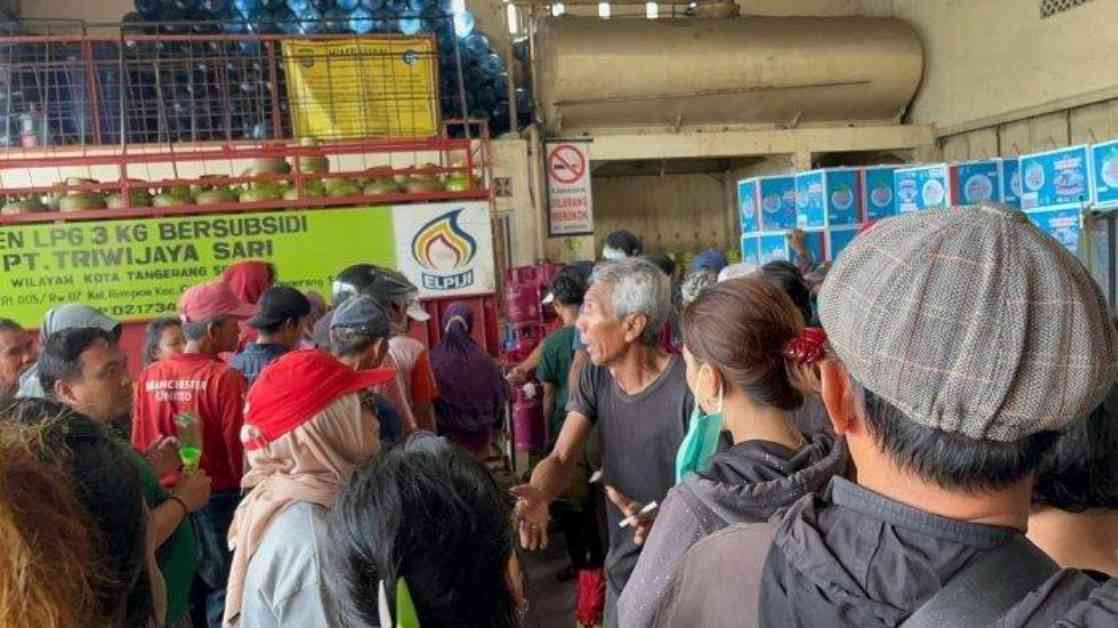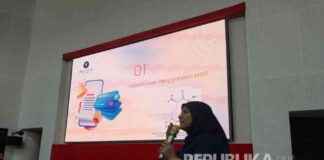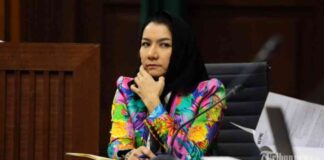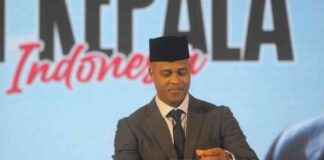A NasDem legislator sheds light on the significance of 3 kg LPG retailers in remote areas, highlighting the challenges faced in implementing the policy nationwide. Gulam Mohamad Sharon, a member of Commission XII from the NasDem Party, emphasized that the removal of 3 kg LPG retailers cannot be universally applied across Indonesia, especially in isolated regions.
During a hearing with Minister of Energy and Mineral Resources Bahlil Lahadalia at the Senayan Building in Central Jakarta on Monday, February 3, 2025, Sharon expressed concerns about the impracticality of converting retailers into sub-distributors in remote areas due to limited internet access. He cited the example of border areas like his own, where internet connectivity is scarce, making it difficult to transition retailers into sub-distributors.
In light of these challenges, Sharon proposed that the government consider granting exemptions or dispensations for remote areas to ensure that 3 kg LPG retailers are not eliminated. He emphasized the continued significance of these retailers in remote regions, where access to alternative sources of LPG may be limited.
Minister Bahlil Lahadalia previously cited price manipulation as one of the reasons for eliminating 3 kg LPG retailers. In a statement during the “Achievements of the Energy and Mineral Resources Sector in 2024” event in Jakarta on Monday, February 3, 2025, Bahlil highlighted instances of price gouging, with some retailers charging significantly higher prices than the recommended range of Rp5,000-Rp6,000.
In response to these findings, the government issued regulations to phase out 3 kg LPG retailers, aiming to regulate and stabilize prices in the market. This move was intended to ensure fair pricing for consumers and prevent exploitative practices within the LPG distribution network. The efforts to control prices and maintain affordability for all consumers underscore the government’s commitment to promoting transparency and accountability in the energy sector.
Expert Insights on the Role of 3 kg LPG Retailers
Industry experts and analysts have weighed in on the importance of 3 kg LPG retailers in remote areas, emphasizing the crucial role they play in ensuring access to essential cooking fuel for households. According to Dr. Energy, a renowned energy economist, the presence of retailers in remote regions serves as a lifeline for communities that may lack access to alternative energy sources.
Dr. Energy further explained that the elimination of these retailers could have far-reaching consequences, leading to increased hardships for vulnerable populations who rely on affordable LPG for their daily cooking needs. The unique challenges faced by remote areas, including limited infrastructure and connectivity, necessitate a nuanced approach to energy policy that takes into account the diverse needs of different regions.
As discussions continue around the future of 3 kg LPG retailers in Indonesia, policymakers are urged to consider the broader social and economic implications of their decisions. Balancing the need for price stability with the imperative of ensuring access to clean cooking fuel for all citizens remains a complex and multifaceted challenge that requires thoughtful and inclusive solutions.
Community Perspectives and Recommendations
Local residents and community leaders have also shared their perspectives on the proposed changes to the 3 kg LPG distribution network. In interviews conducted in remote areas, residents expressed concerns about the potential impact of eliminating retailers on their daily lives and household budgets.
One community leader, Maria, highlighted the essential role that 3 kg LPG retailers play in providing affordable and accessible cooking fuel to families in her village. She emphasized the importance of maintaining a balance between market regulations and ensuring that essential services remain accessible to all, especially in underserved regions.
In response to these voices from the ground, policymakers are encouraged to engage in meaningful dialogue with stakeholders to develop policies that are responsive to the unique needs of different communities. By taking a collaborative and participatory approach to energy policy, decision-makers can better address the complex challenges facing the LPG sector and work towards sustainable solutions that benefit all segments of society.
In conclusion, the debate surrounding the role of 3 kg LPG retailers in remote areas reflects a broader conversation about energy access, affordability, and equity in Indonesia. As policymakers navigate these complexities, it is essential to prioritize the needs of vulnerable populations and ensure that energy policies are inclusive, transparent, and responsive to the diverse realities of communities across the archipelago. By fostering dialogue, collaboration, and innovation, Indonesia can chart a path towards a more sustainable and equitable energy future for all its citizens.














